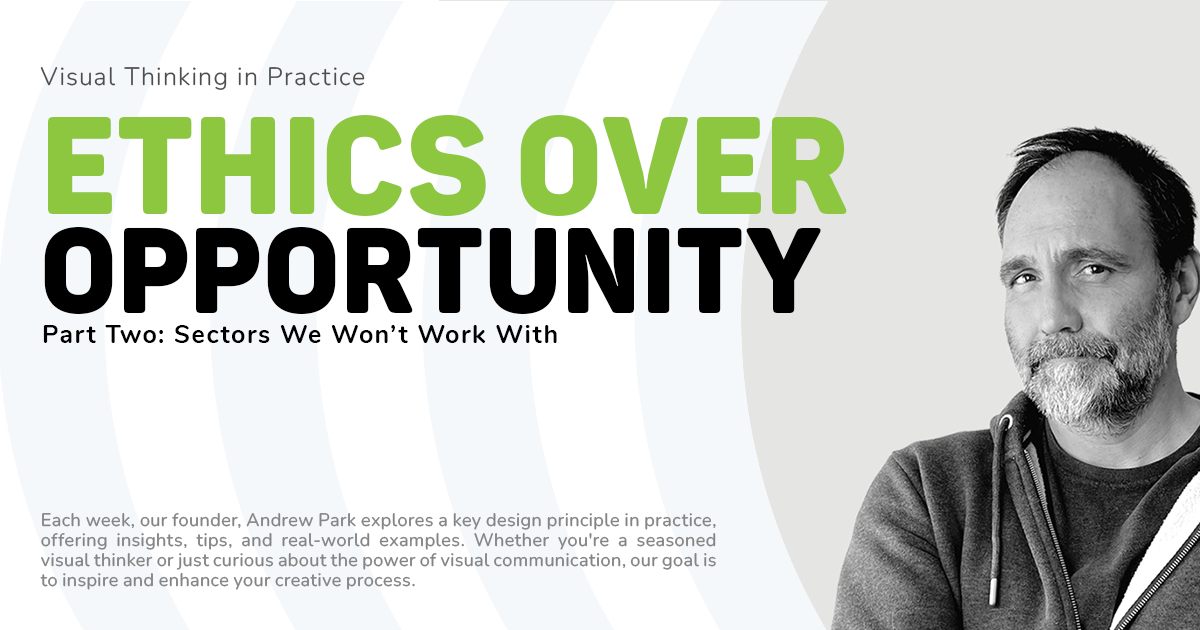Capturing and retaining your audience’s attention is more critical than ever. Whether through dynamic animation or sleek whiteboard storytelling, explainer videos enhance comprehension, drive engagement, and elevate your brand’s impact. But how do you transform an initial concept into a compelling explainer video that resonates with your audience? Let’s walk through the process step by step.
1. Define Your Objective
Before you begin creating your explainer video, clarity on its purpose is essential. Are you launching a new product, demystifying a complex concept, or highlighting a key service? Defining your objective from the outset ensures that every aspect of your video—script, visuals, and tone—works in harmony to deliver a focused, impactful message that resonates with your audience.
2. Know Your Audience
Understanding who you’re speaking to is the foundation of a compelling explainer video. Dive into their demographics, preferences, and challenges—what do they need, and how can you solve it? A well-defined audience profile allows you to craft a message, style, and tone that truly resonates, ensuring your video captures attention and drives action.
3. Craft a Compelling Script
A strong script is the foundation of any effective explainer video. It should be clear, concise, and engaging, guiding viewers seamlessly from problem to solution. Start with a compelling hook to capture attention, then outline the challenge and demonstrate how your offering provides the ideal solution. Conclude with a persuasive call to action that drives engagement. Keep it tight—most explainer videos perform best at 60–90 seconds, so every word should serve a purpose.
4. Choose Your Style
Choose an animation style that best conveys your message and aligns with your brand identity. Traditional explainer videos offer a polished, versatile approach, while whiteboard animation provides a dynamic, interactive feel that simplifies complex ideas. Each style has its own strengths—select the one that best engages your audience and reinforces your brand’s personality.
5. Storyboarding
With your script in place, the next critical step is storyboarding. A storyboard serves as a visual blueprint, mapping out each scene to ensure a seamless flow from start to finish. This process helps you align visuals with your script, maintain consistency, and refine your messaging before production begins. A well-crafted storyboard keeps your video focused, engaging, and strategically structured for maximum impact.
6. Production
After storyboarding, it’s time to bring your vision to life in the production phase. This stage involves designing visual elements, recording a compelling voiceover, and enhancing the experience with background music and sound effects. For animated explainer videos, this means crafting characters, backgrounds, and smooth animations that align with your message. In whiteboard animations, it’s about illustrating key concepts and perfectly synchronising visuals with narration. Every detail should work together to create a polished, engaging, and impactful final product.
7. Record a Voiceover
A high-quality voiceover adds depth and professionalism to your explainer video, making it more engaging and persuasive. Consider hiring a skilled voice actor to bring your script to life, or record it yourself if you have the right equipment and expertise. The key is to match the tone and pacing to your message—whether it’s authoritative, friendly, or inspiring—to ensure your narration resonates with your audience and reinforces your brand’s credibility.
8. Elevate Engagement with Music and Sound Effects
Sound design plays a crucial role in shaping the viewer’s experience. Select background music that aligns with your video’s tone—whether it’s energetic and dynamic or refined and professional. Thoughtfully placed sound effects can enhance key moments, adding depth, realism, and a polished touch to your animation. When executed well, audio elements don’t just complement the visuals—they amplify your message and leave a lasting impact.
9. Refine and Perfect
Before finalizing your explainer video, conduct a thorough review to ensure every detail is polished and aligned with your message. Look for inconsistencies, animation glitches, or areas where pacing and visuals could be enhanced. Gather feedback from colleagues or a test audience to gain fresh insights and identify areas for improvement. Iterating based on constructive input ensures your video is seamless, engaging, and ready to make a lasting impact.
10. Presentation is Everything
Before sharing your explainer video with the world, consider the platforms where you intend to publish it. Design thumbnails for each platform that will hook viewers out of the infinite scroll and give them the opportunity to connect with your message. While you have your audience’s attention, write the perfect copy to build on the content of your video and help your audience follow your call to action.
11. Launch Your Explainer Video in Style
At this point, you’re almost ready to release your explainer video into the world. But even here, there’s a good way and a great way to do it. Instead of just posting it on your channels and waiting for the results, be proactive by including it in your newsletters and creating promotional clips or images to share before and after your explainer video’s launch. Techniques like these enable you to increase the reach of your video and give your message the reach it deserves.
A successful explainer video is the result of careful planning, creativity, and attention to detail. By following these steps, you can create a compelling explainer video that communicates your message, captivates your audience, and achieves your goals. So, roll up your sleeves, unleash your creativity, and embark on the journey to creating explainer videos that leave a lasting impression.
As an explainer video agency, we’ve helped countless clients transform their visions into engaging and effective explainer animations. Whether you prefer a whiteboard animation style or want to go with the animated explainer video approach, we’re always here to answer your questions and discuss how your message could work as a video. Simply send us a message or book a free strategy call today!






























Audiences rated whiteboard animation 33% more entertaining, 15% more memorable and 66% more likely to be shared. This research helped explain the amazing reaction to the RSA Animates and showcased the potential of whiteboard animation.